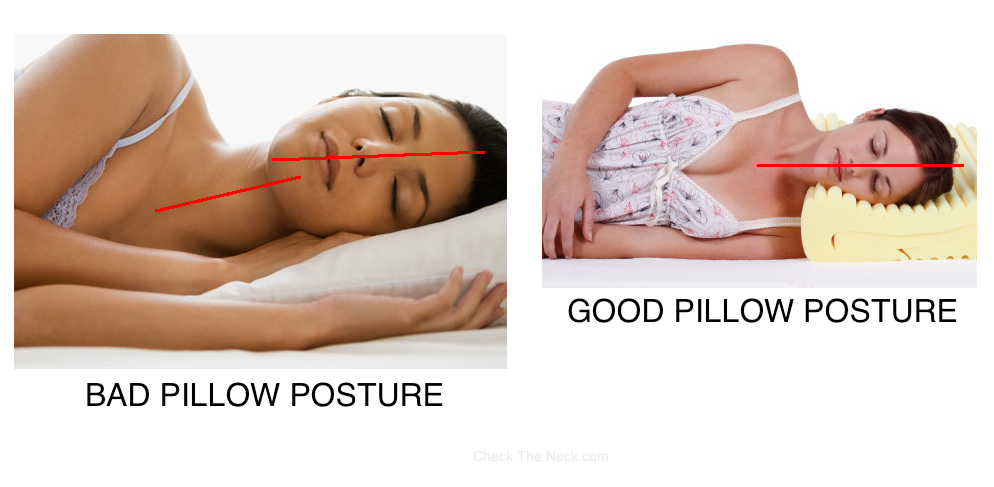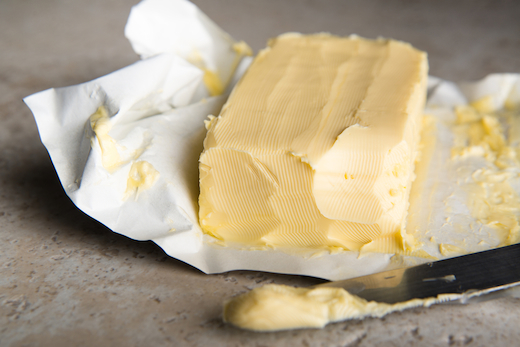With the weather in the city turning hot and sultry, it is a good time to increase your intake of fluids and take special precautions if spending long hours outdoors.
Drinking the right kind of fluids is important. Water is the best option and carrying a bottle with you while travelling will prove beneficial. While we all love our daily cup of chai and coffee, try to keep caffeine drinks to a minimum. They may quench your thirst but do not give the necessary salts and nutrients the body needs. Further, energy drinks are full of sugar. Stick to nimbu paani or fresh fruit juices.

Keeping yourself well-hydrated throughout the day is important. Don't wait until you feel thirsty, keep sipping on liquids in between. For those who indulge in rigorous outdoor exercises, taking a water break every twenty minutes is essential.
Be aware of the signs that your body is giving out. Notice if your heart rate is increasing or if the colour of your urine is darker than before. If yes, get out of the sun and start consuming the right foods.

Dehydration usually happens when the body has lost too much fluid and electrolytes (the salts potassium and sodium). Keep your electrolyte levels in check, by consuming chicken broth or soups. Eating salads rich in fresh fruits, and vegetables can help. Coconut water and aam panna is good too.
Salty snacks can help. Try adding some salt or chaat masala to sliced apples or cucumbers as a refreshing snack.
It's also low in fats and carbohydrates and makes for a healthy option. What you wear also plays a role. Light clothing is important to help the skin breathe. Cotton or light fabrics like linens are a good option. Such materials let the body sweat, yet keep it cool and airy. Save all your silks and satin outfits for the night.

Other few things we need to take care in Summers:
Drinking the right kind of fluids is important. Water is the best option and carrying a bottle with you while travelling will prove beneficial. While we all love our daily cup of chai and coffee, try to keep caffeine drinks to a minimum. They may quench your thirst but do not give the necessary salts and nutrients the body needs. Further, energy drinks are full of sugar. Stick to nimbu paani or fresh fruit juices.

Keeping yourself well-hydrated throughout the day is important. Don't wait until you feel thirsty, keep sipping on liquids in between. For those who indulge in rigorous outdoor exercises, taking a water break every twenty minutes is essential.
Be aware of the signs that your body is giving out. Notice if your heart rate is increasing or if the colour of your urine is darker than before. If yes, get out of the sun and start consuming the right foods.

Dehydration usually happens when the body has lost too much fluid and electrolytes (the salts potassium and sodium). Keep your electrolyte levels in check, by consuming chicken broth or soups. Eating salads rich in fresh fruits, and vegetables can help. Coconut water and aam panna is good too.
Salty snacks can help. Try adding some salt or chaat masala to sliced apples or cucumbers as a refreshing snack.
It's also low in fats and carbohydrates and makes for a healthy option. What you wear also plays a role. Light clothing is important to help the skin breathe. Cotton or light fabrics like linens are a good option. Such materials let the body sweat, yet keep it cool and airy. Save all your silks and satin outfits for the night.

Other few things we need to take care in Summers:
- During summers eat less spicy food, if you have the more spicy food the more difficulty for your stomach to digest it.
- Whatever you take your meal do take a glass of buttermilk it gives you cooling effect.
- If you get time clean your feet, underarms and face.
- Eat curd in summer season.
- During Loo time you have to take raw onion. Onion has power to protect you from loo in the summer season.
- Whenever you come to home and you faced scorching heat outside ..never drink chilled water it harms you a lot. Do keep a pot and try to drink that pot water only in whole summer. If you want to keep the water cool cover the pot with a wet towel and check it every hour or two whether it is wet or dry. You have to keep the towel wet.
- In summer try to always cover your head and face.








